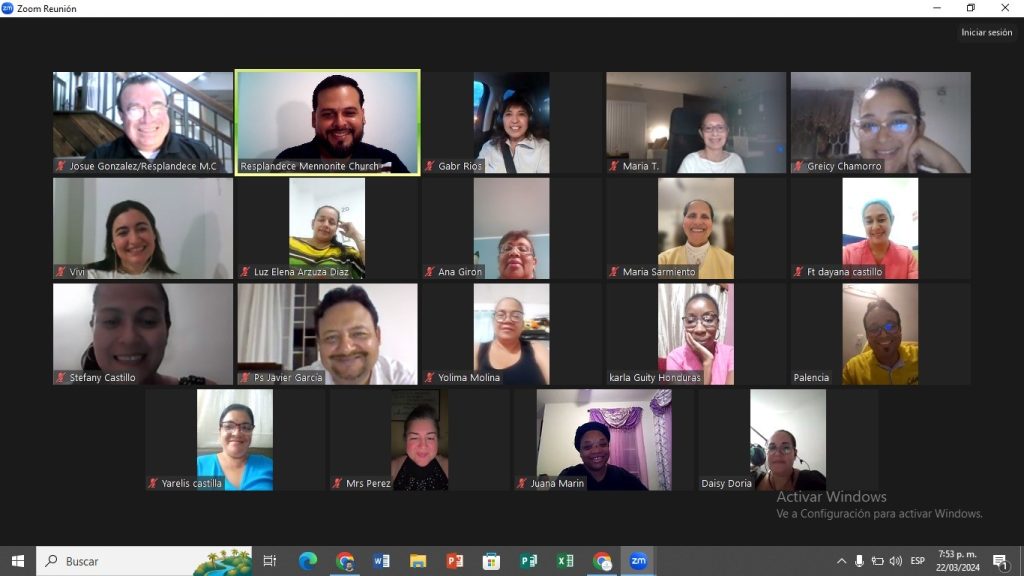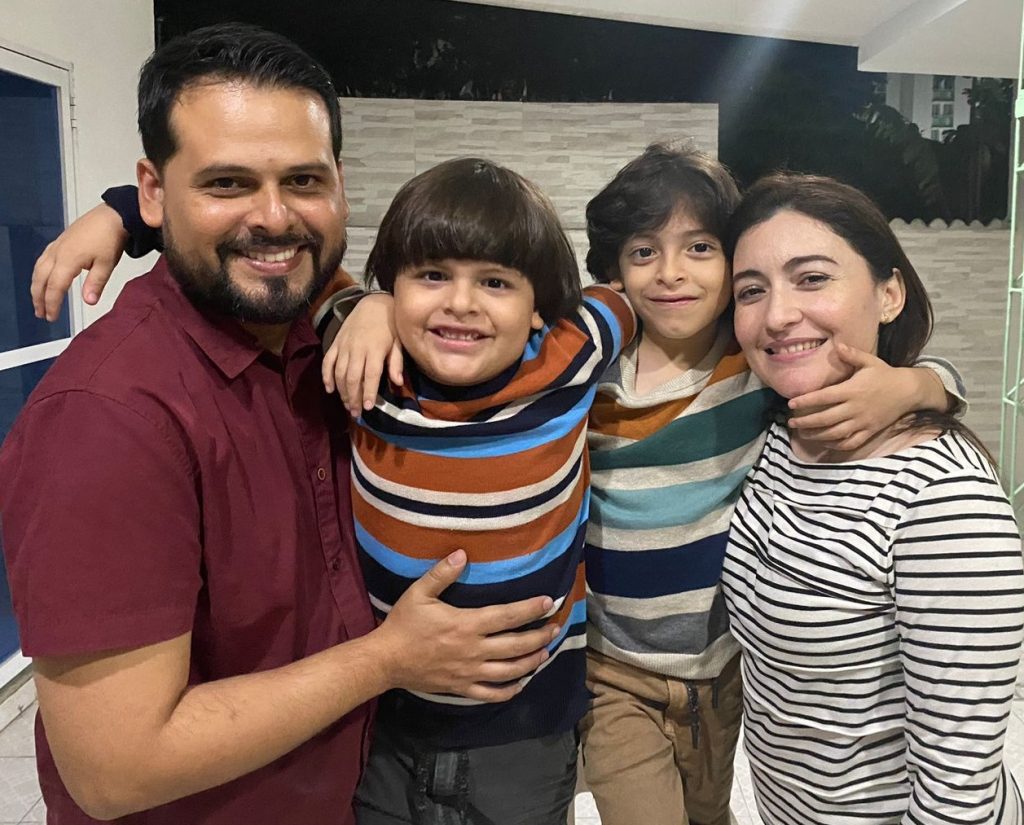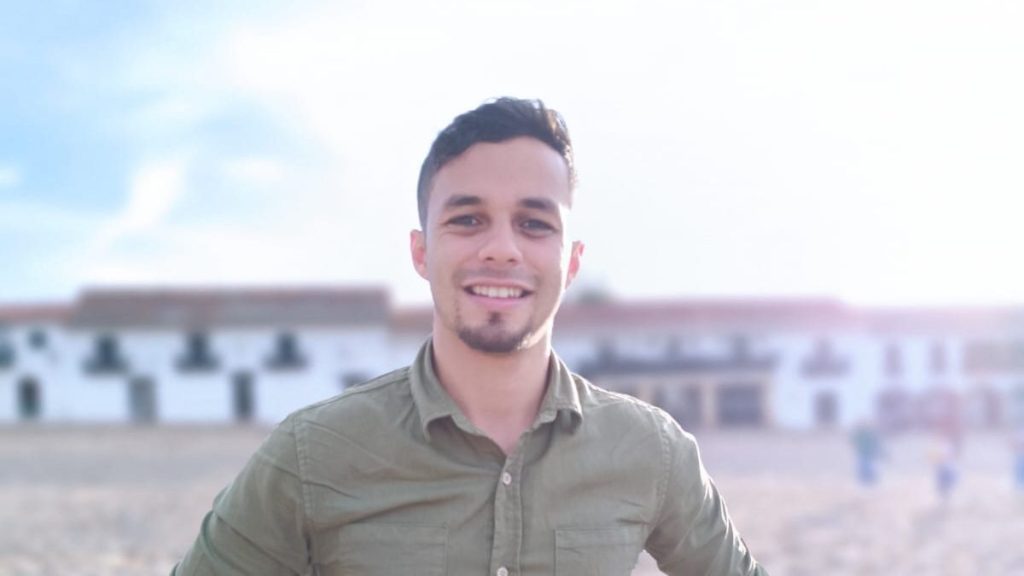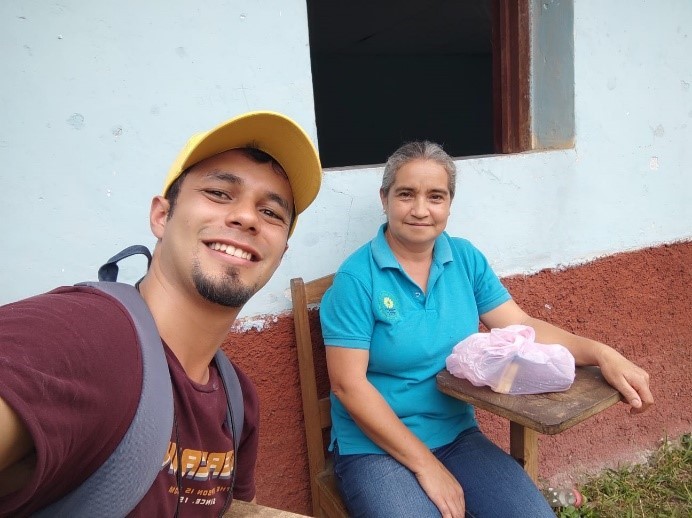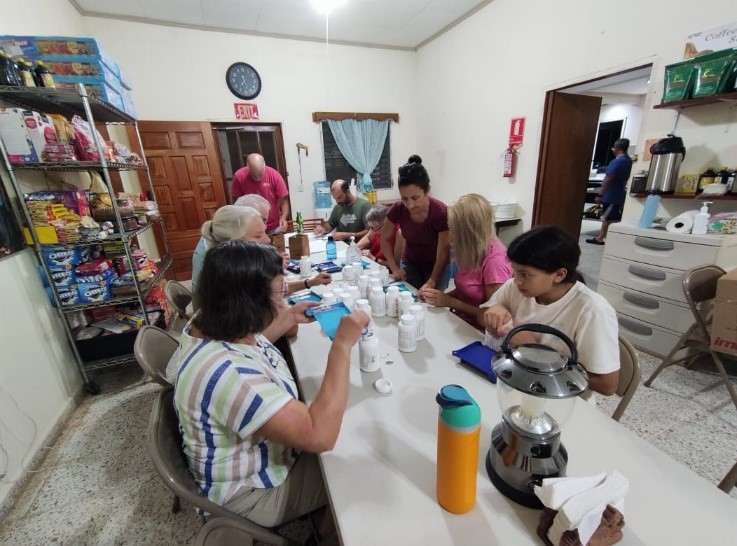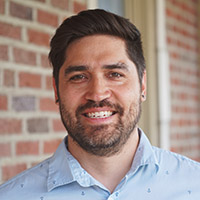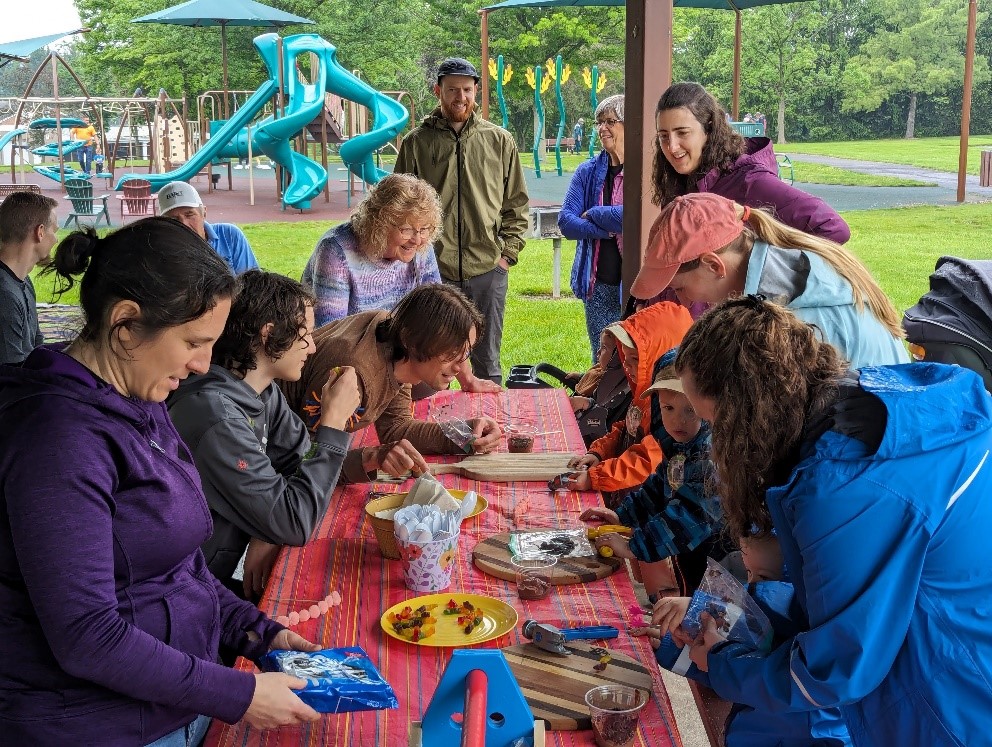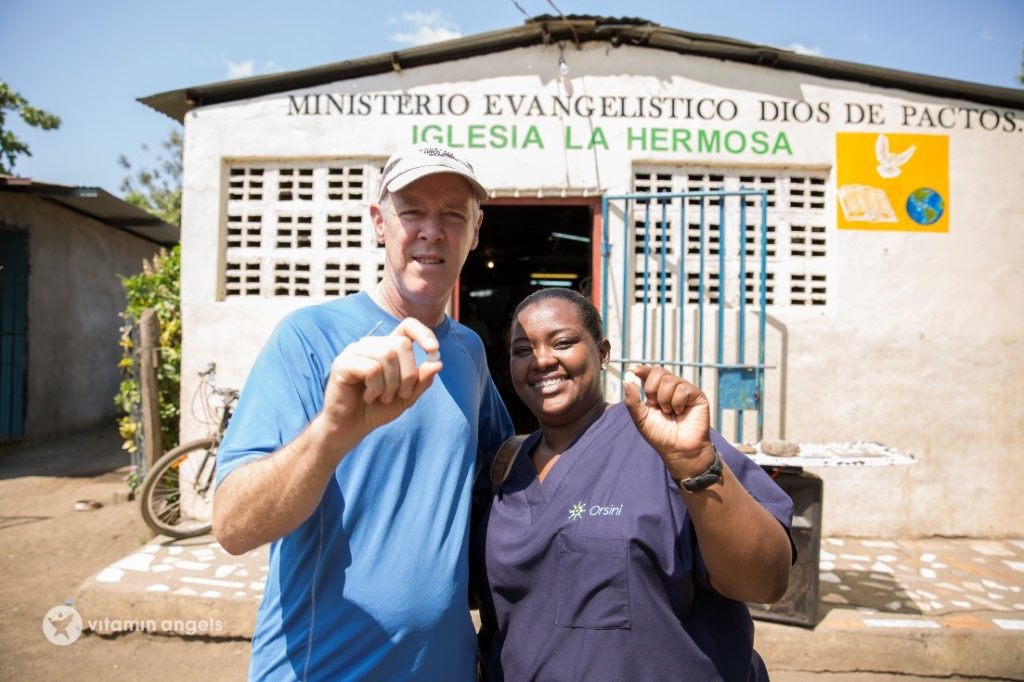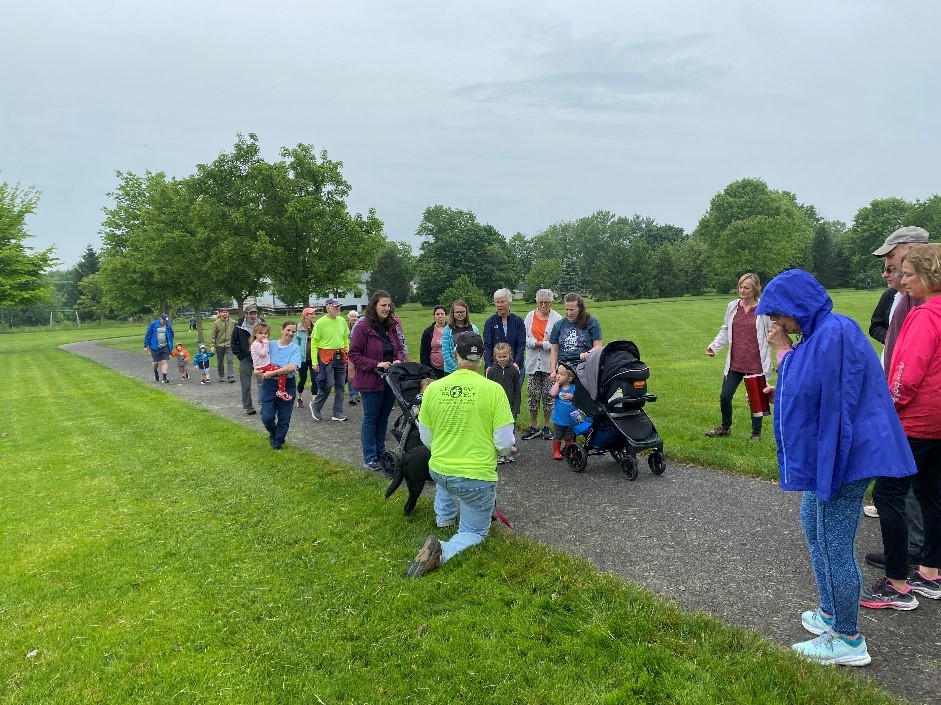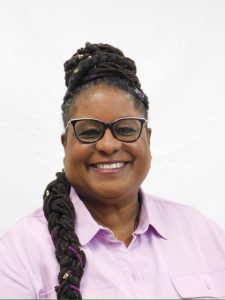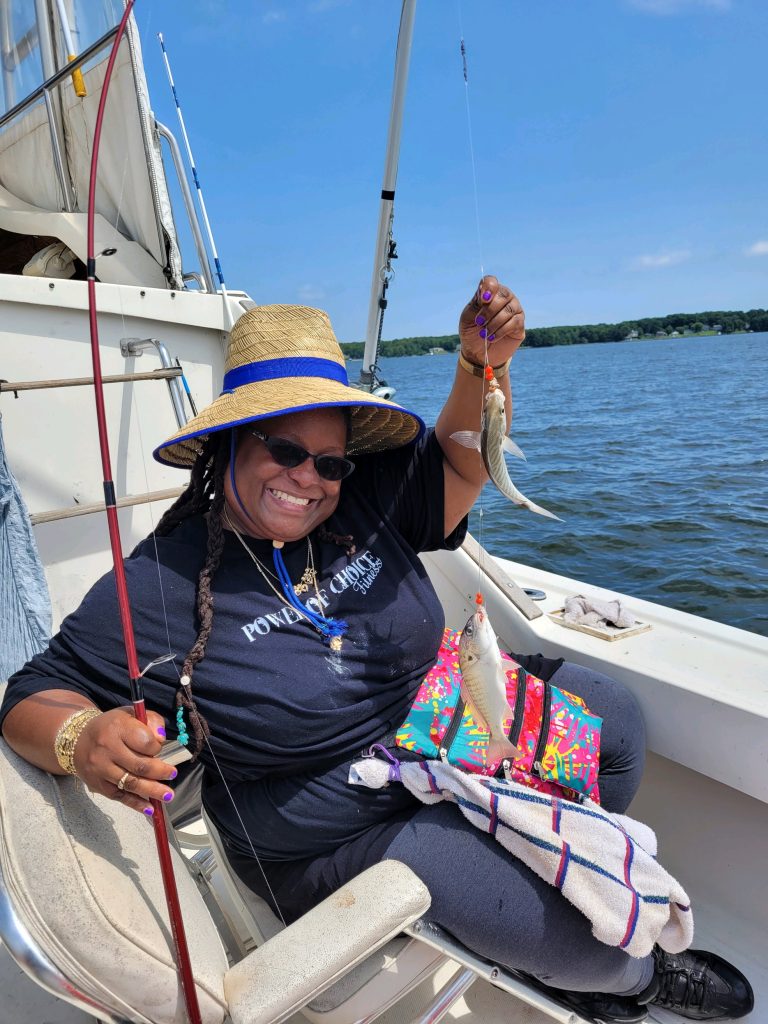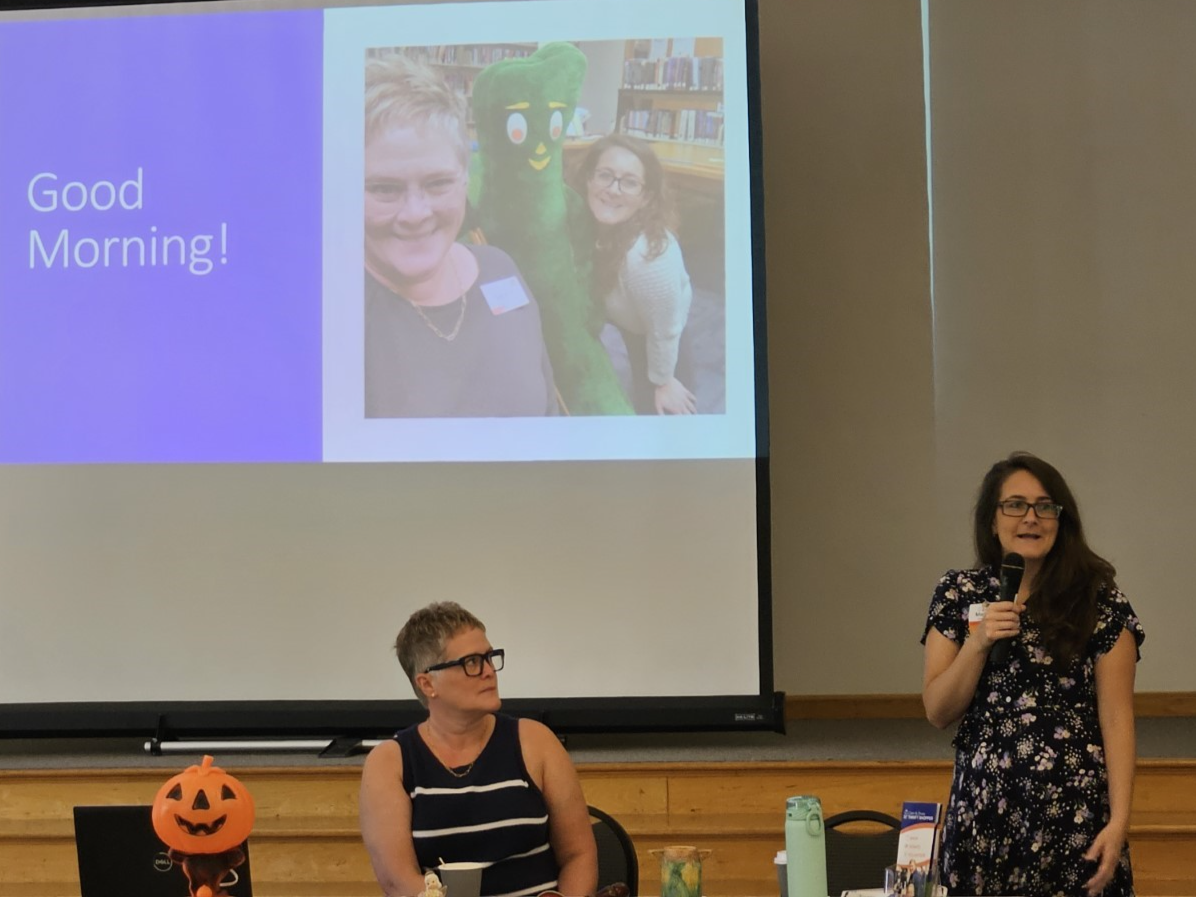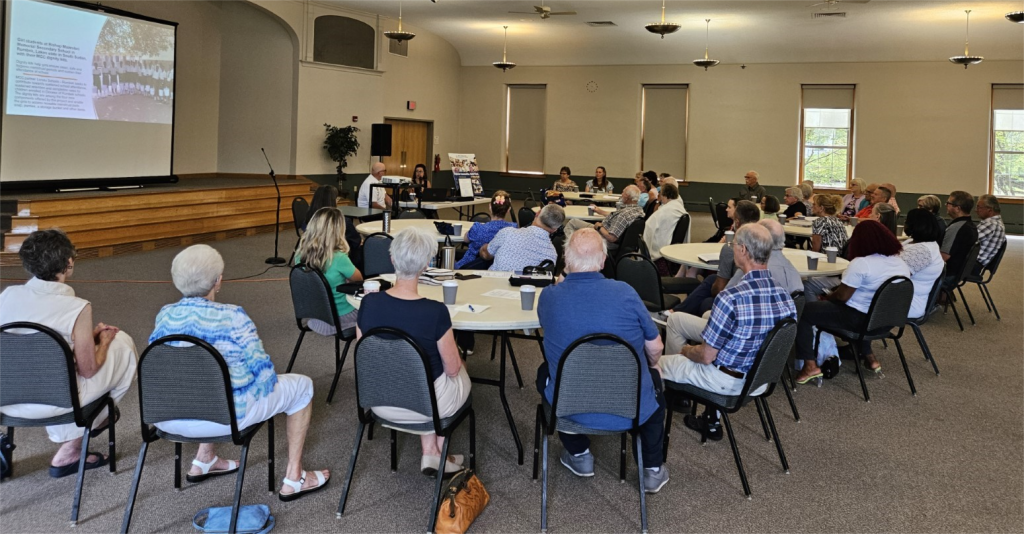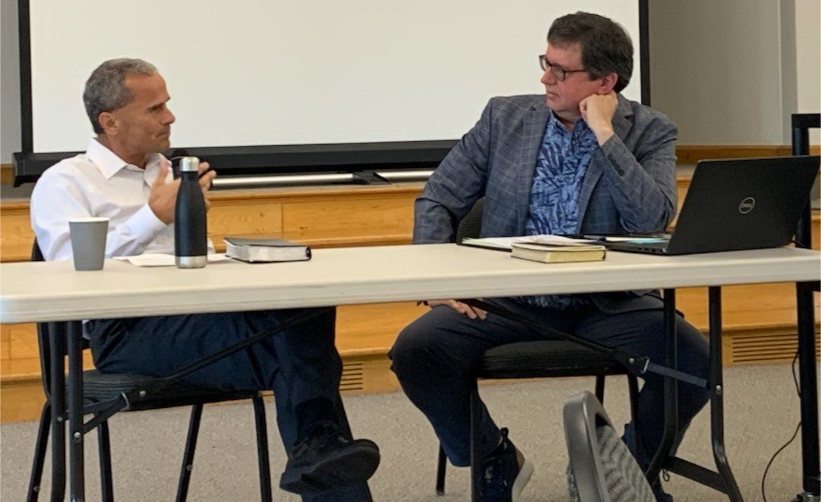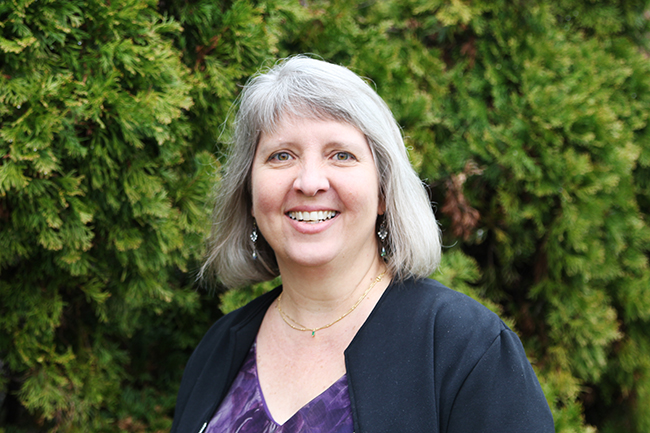by Jennifer Svetlik

“I am looking forward to walking with a variety of congregations (and leaders) as they seek to follow Jesus,” shares Tim Weaver, who became an interim Leadership Minister for Mosaic Conference in September 2024.
In mid-2024 two long-time Mosaic Leadership Ministers retired, and with congregations continuing to join the Conference, Weaver was invited to consider joining the staff in this role.
“I appreciated the insight, wisdom, and guidance I received from mentors and Leadership Ministers during my years of ministry,” reflected Weaver.
“I believe the way of Jesus is to learn and support each other as we live out the values of the Kingdom of God. It is an honor to walk with others on this journey and together seek to live out the way of Jesus in this broken world.”
Weaver’s life has been dedicated to serving the church. Weaver moved into Mosaic Conference (then Franconia Conference) in 1992, when he began to serve as Lead Pastor at Deep Run East (Perkasie, PA) until 2003. Following that role, he worked in business and was an interim pastor at West Swamp (Quakertown, PA) and Upper Milford (Zionsville, PA). In 2022, he retired after seven years serving as Chaplain for The Community at Rockhill (Sellersville, PA).
Earlier in his life, Weaver had studied at Anabaptist Mennonite Biblical Seminary, served as 2-year interim minister at Waterford Mennonite in Goshen, IN, and for three years in Venezuela with Eastern Mennonite Missions. Weaver grew up in Bath, NY.
Weaver is a curently member of Souderton (PA) Mennonite. He has participated in various Conference events in the past, including the intercultural book discussions.
He currently serves on the boards of two Conference-Related Ministries, Healthy Niños Honduras and the Mennonite Central Committee Material Resource Center. Weaver has traveled for one to two weeks a year to Honduras with Healthy Niños Honduras for the last 23 years to support nutrition initiatives for children.
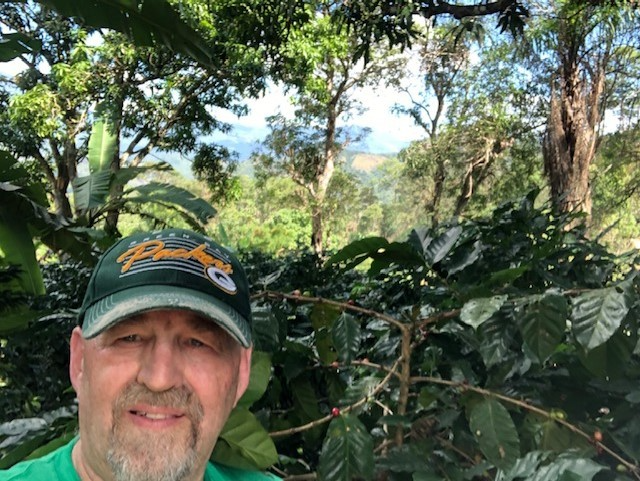
Something unique about Weaver is that he is a shareholder of the Green Bay Packers, the only publicly owned team in the National Football League. He enjoys music and attended the record-breaking music festival at Watkins Glen, NY in 1973, with over 600,000 other people.
Weaver plays in a senior golf league, and he loves spending time with his two grandchildren, daughters and son-in-law, and three granddogs. “We recently brought home a mini Aussiedoodle puppy which is keeping me young!” Weaver shares.

Jennifer Svetlik
Jennifer is Editor & Development Coordinator for Mosaic. She grew up near Houston, TX and spent a decade living in intentional community in Washington DC, before moving to Lansdale, PA with her spouse, Sheldon Good. She is a graduate of the University of Texas and Washington Theological Seminary. She serves as Children’s Faith Formation Director at Salford Mennonite (Harleysville, PA). Jenn has two elementary-school-aged children and loves biking, camping, gardening, and vermicomposting with her family.

